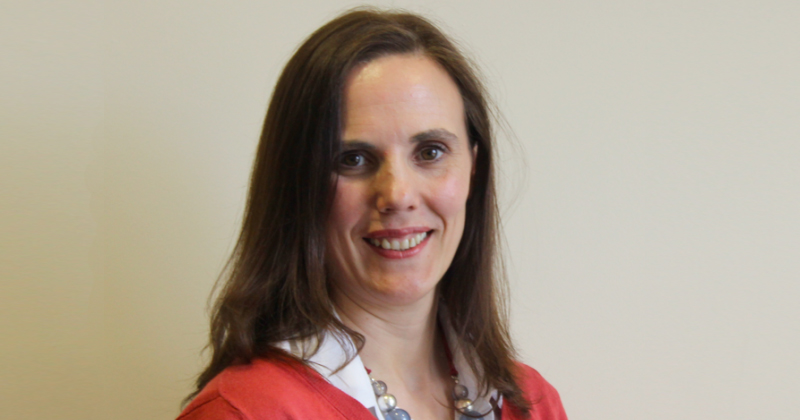Plans to grade schools on up to 11 areas will make Ofsted’s “inability to accurately capture the complexity of a school far more apparent”, experts have said.
The inspectorate this week unveiled its plans to use a five-point grading system to judge schools in nine key areas, plus early years and sixth form. Safeguarding will also be ‘met’ or ‘not met’.
New evaluation areas include curriculum, developing teaching, behaviour and attitudes, and inclusion.
Ofsted said these were already criteria that inspectors looked at under the current framework.
But Sam Freedman, a government adviser under education secretary Michael Gove, told an education committee hearing on Tuesday: “If you have two teams of inspectors going into a school, they are more likely to say that it is the same overall – than that one of 11 different things is the same.
“I am worried that this makes it harder for Ofsted to tackle its real issue, which is reliability and consistency of inspection, and does not actually deal with any of the concerns that schools have.”
Inability to capture complexity ‘will become more apparent’
Dr Becky Allen, chief analyst and co-founder of TeacherTapp, added that while the single-judgment system was flawed, headteachers often said it delivered “the right judgment in the wrong way”.
“However, under the new scorecard system, Ofsted’s inability to accurately capture the complexity of a school will become far more apparent.”
The last evaluation of Ofsted grade reliability was published in 2017, before the latest framework was introduced.
It found two inspectors tended to agree on which grade to award a school, but this only looked at ‘short’ inspections.
Other studies have shown wider differences. For instance, one found that primary schools assigned a female lead inspector were around one-third more likely to receive an ‘inadequate’ judgment.
John Jerrim, professor of education and social studies at UCL who oversaw the study, said the inspectorate must “commit to a transparent programme of research” – by an independent organisation – to test the reliability of its new grade plans.
“Ofsted may be inadvertently worsening the reliability of the information it is providing.
“If not measured with sufficient reliability, this could lead parents (and those responsible for school improvement) to focus their attention on the wrong places.”
No clarity on inspection length or frequency
Despite the increased evaluation areas, there has been no announcements on upping the number of inspectors or length of visits.
Pepe Di’Iasio, the general secretary of ASCL, said the proposal was “certainly a recipe for systemic inconsistency”.
“We would question whether it is possible to reach with any degree of validity, in the course of an inspection, [on] such a large number of conclusions – all of which are critical to those being inspected and where judgments may be finely balanced between categories.”
Ofsted’s funding is 29 per cent lower in real terms than in 2010, despite its remit “expanding significantly”, the inspectorate has previously said.
Last year, its board warned the reliability of inspections would be “compromised” if funding was “further constrained”.
But Sir Martyn Oliver, the chief inspector, said he was hopeful more funding would be forthcoming as part of the government’s spending review.
He also claimed there would be a “record amount of trialling and testing and training” before the new inspections were due to start in November.
There is six months between the consultation closing and inspection restarting, but a chunk of this is the summer holidays.
While the way of reporting inspections was “revolutionary”, Oliver added how the grades were awarded was “evolutionary … building upon great practice that already exists”.
Time needed to get plans right – unions
Sector leaders say Ofsted must allow itself time to fully evaluate its plans and change them if necessary – despite the tight timeframe it has set itself.
The watchdog’s 12-week consultation ends on April 28. It then has about six months until it plans to implement its new framework, which must include a pilot of its finalised framework.

Dame Alison Peacock, the chief executive of the Chartered College of Teaching, called for “transparency” from Ofsted to show how its trials and consultations were being “used to reflect on the proposals in such a short timeframe”.
Dr Patrick Roach (pictured), the general secretary of the NASUWT, added that the government risked “preventing deep and meaningful engagement and testing of proposals that need to be undertaken”.
“The government and Ofsted must ensure that more time, if needed, is given to get these changes right.”
When asked if Ofsted would push back its timeframe should the proposals require change, Sir Martyn Oliver said he would “respond to what the consultation tells us” and “will not do anything as a fait accompli”.











